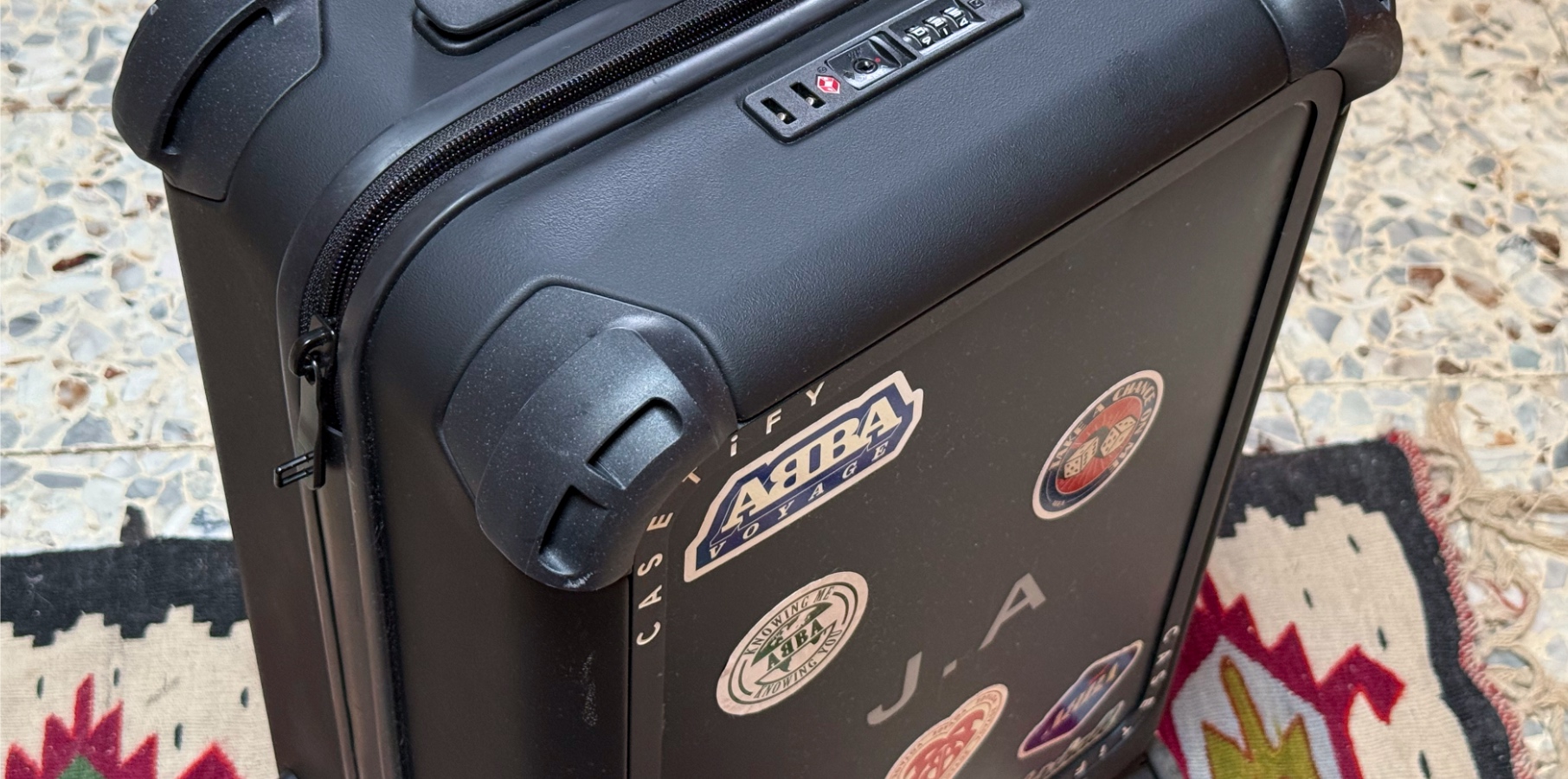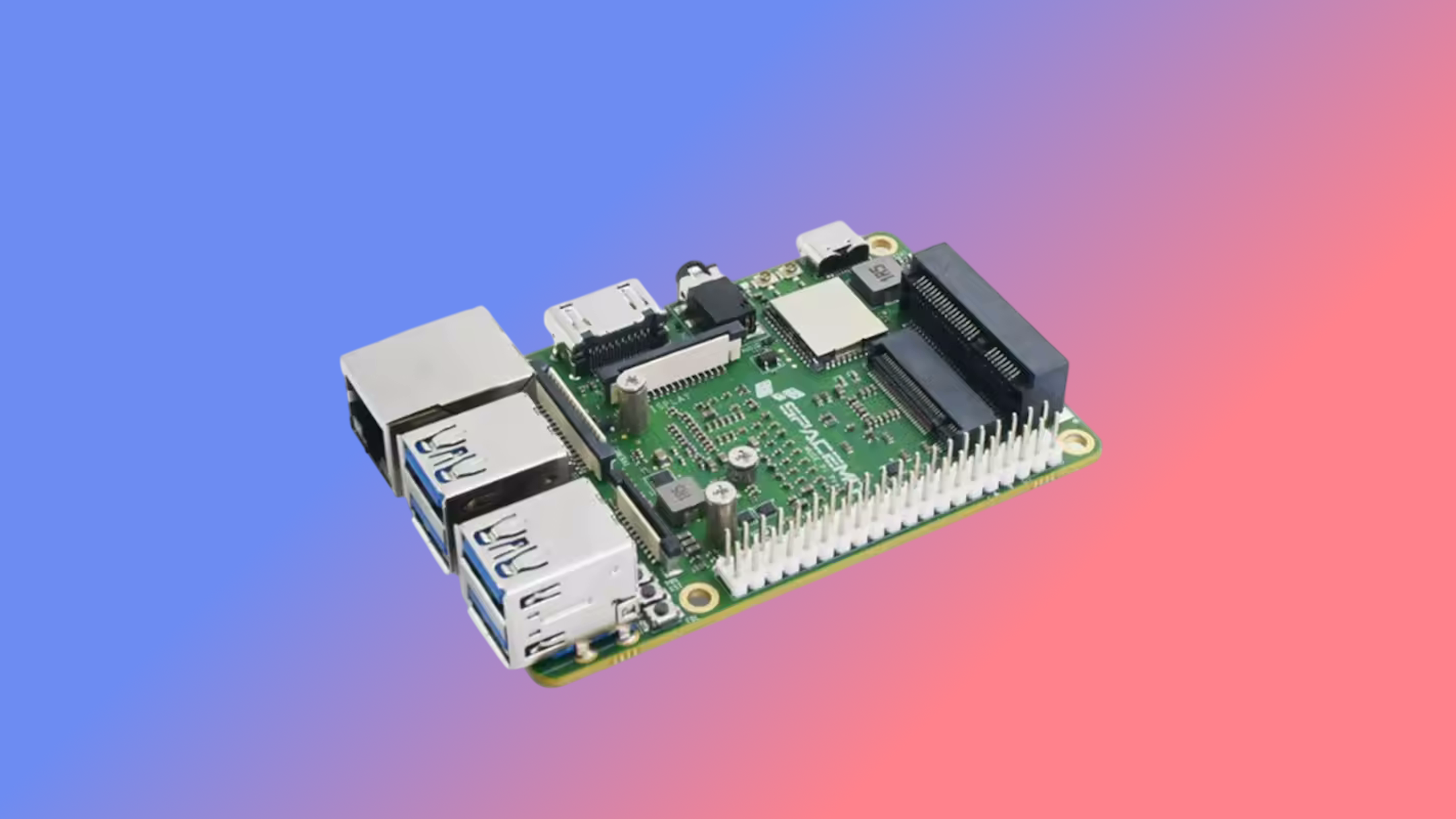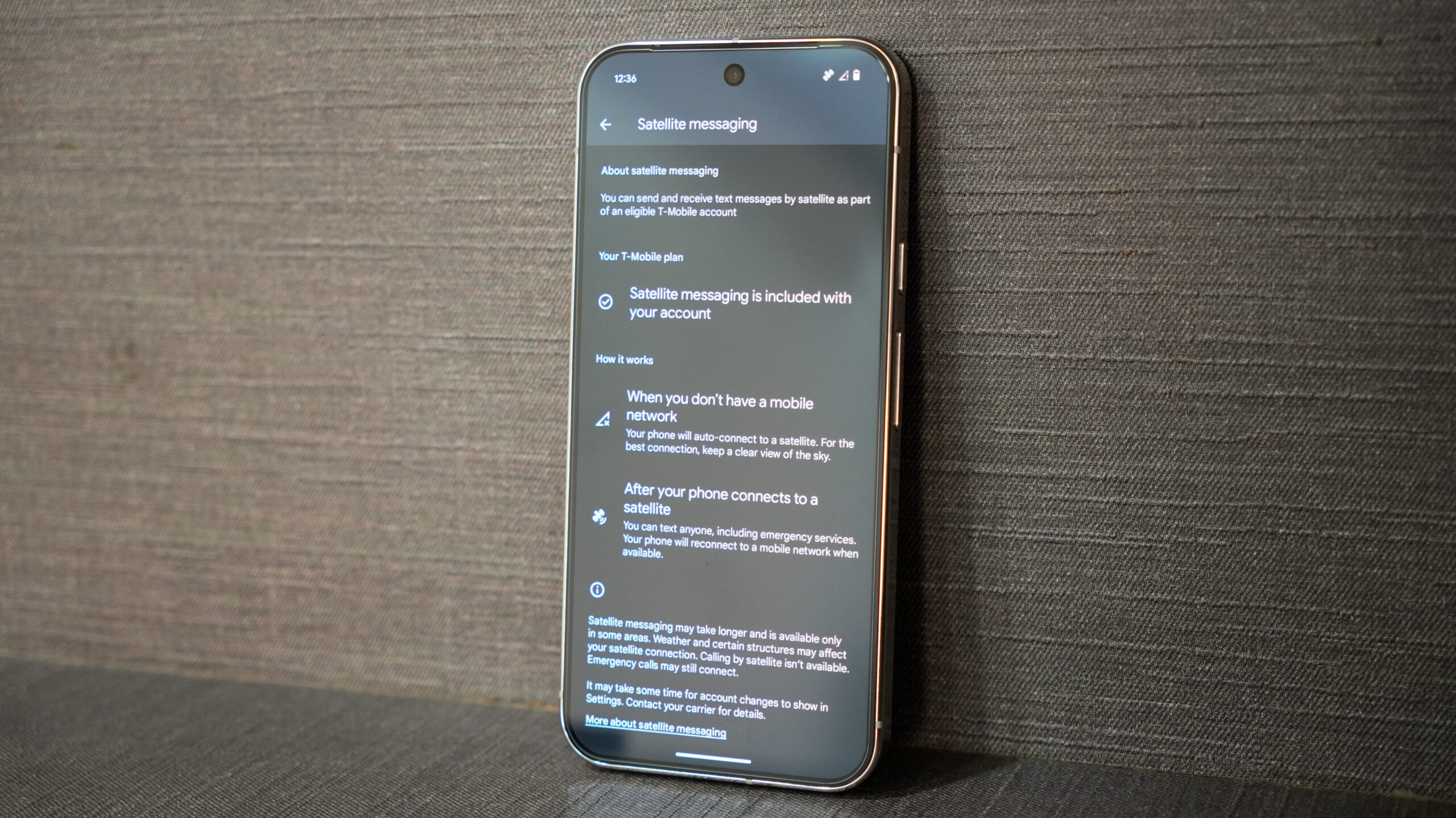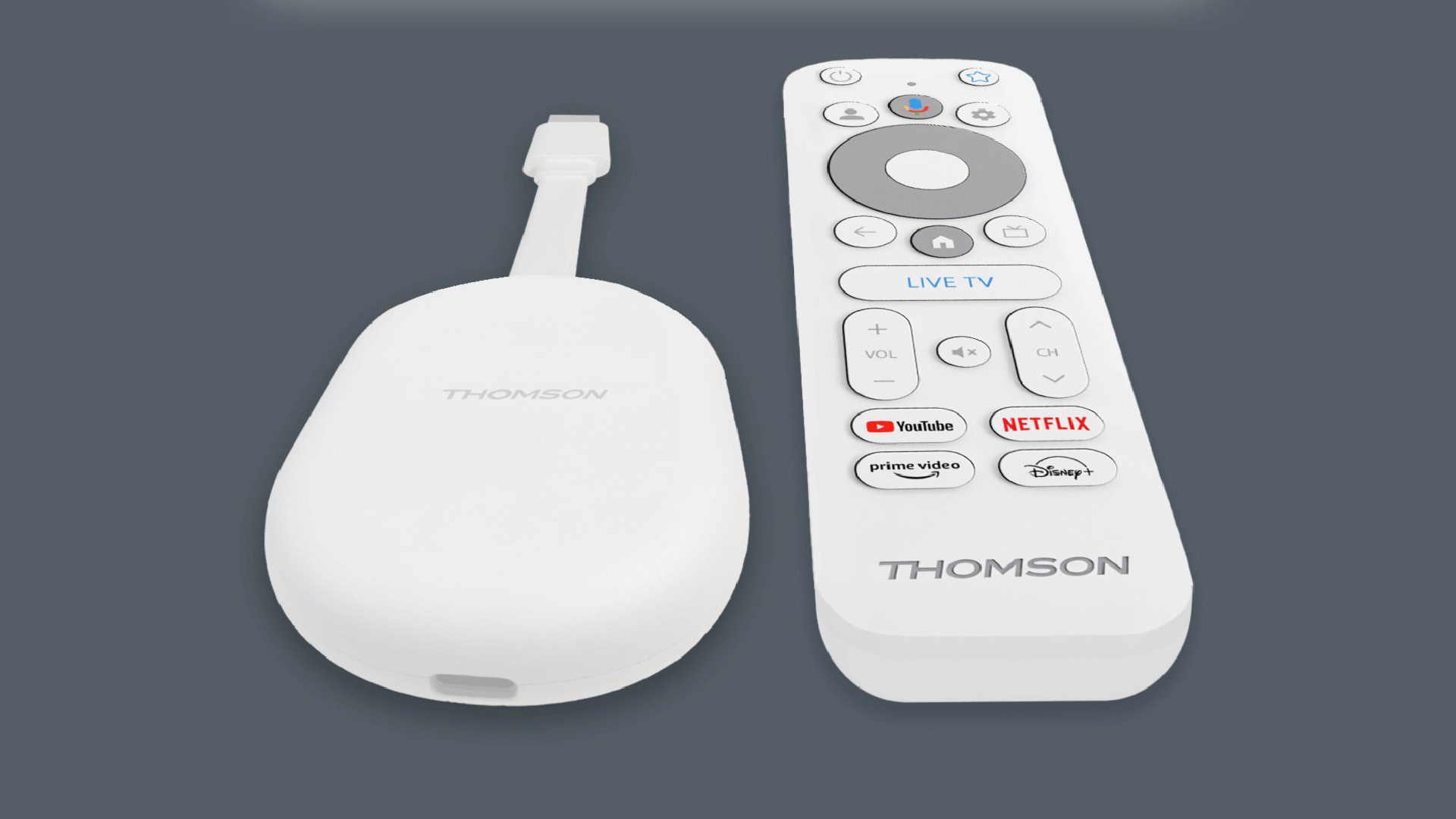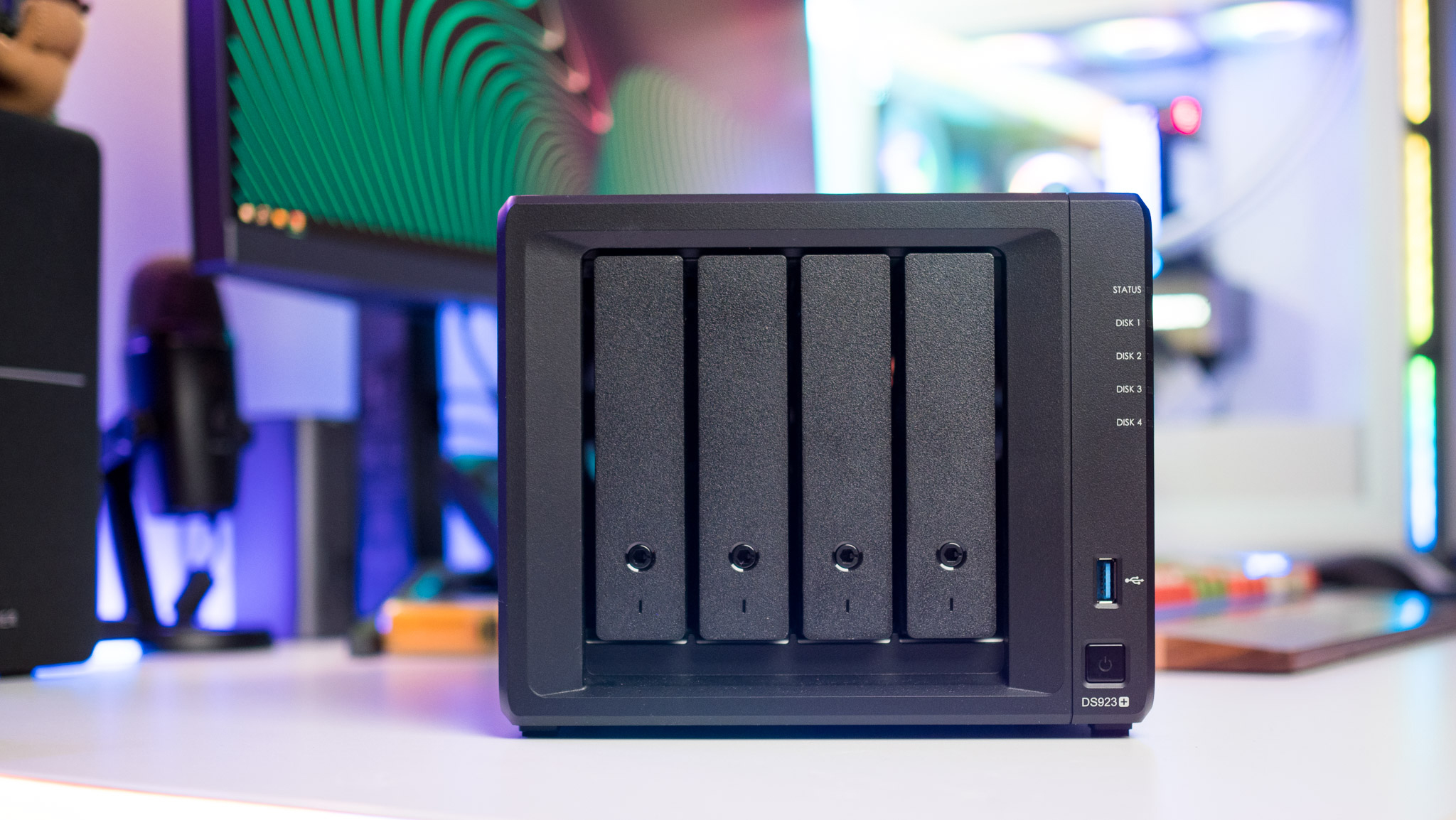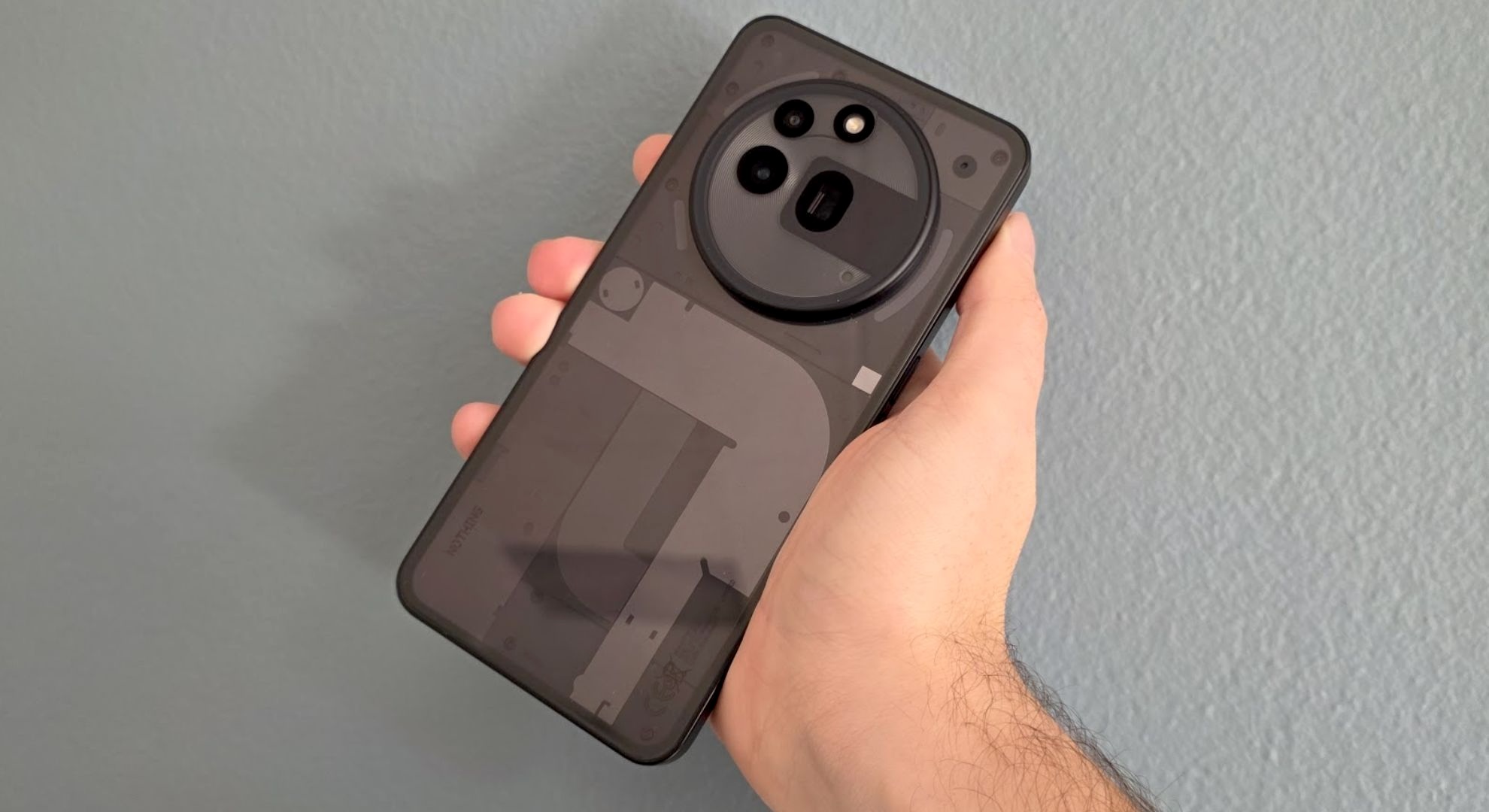Could a 'Math Genius' AI Co-author Proofs Within Three Years?
A new DARPA project called expMath "aims to jumpstart math innovation with the help of AI," writes The Register. America's "Defense Advanced Research Projects Agency" believes mathematics isn't advancing fast enough, according to their article... So to accelerate — or "exponentiate" — the rate of mathematical research, DARPA this week held a Proposers Day event to engage with the technical community in the hope that attendees will prepare proposals to submit once the actual Broad Agency Announcement solicitation goes out... [T]he problem is that AI just isn't very smart. It can do high school-level math but not high-level math. [One slide from DARPA program manager Patrick Shafto noted that OpenAI o1 "continues to abjectly fail at basic math despite claims of reasoning capabilities."] Nonetheless, expMath's goal is to make AI models capable of: - auto decomposition — automatically decompose natural language statements into reusable natural language lemmas (a proven statement used to prove other statements); and auto(in)formalization — translate the natural language lemma into a formal proof and then translate the proof back to natural language. "How must faster with technology advance with AI agents solving new mathematical proofs?" asks former DARPA research scientist Robin Rowe (also long-time Slashdot reader robinsrowe): DARPA says that "The goal of Exponentiating Mathematics is to radically accelerate the rate of progress in pure mathematics by developing an AI co-author capable of proposing and proving useful abstractions." Rowe is cited in the article as the founder/CEO of an AI research institute named "Fountain Adobe". (He tells The Register that "It's an indication of DARPA's concern about how tough this may be that it's a three-year program. That's not normal for DARPA.") Rowe is optimistic. "I think we're going to kill it, honestly. I think it's not going to take three years. But I think it might take three years to do it with LLMs. So then the question becomes, how radical is everybody willing to be?" "We will robustly engage with the math and AI communities toward fundamentally reshaping the practice of mathematics by mathematicians," explains the project's home page. They've already uploaded an hour-long video of their Proposers Day event. "It's very unclear that current AI systems can succeed at this task..." program manager Shafto says in a short video introducing the project. But... "There's a lot of enthusiasm in the math community for the possibility of changes in the way mathematics is practiced. It opens up fundamentally new things for mathematicians. But of course, they're not AI researchers. One of the motivations for this program is to bring together two different communities — the people who are working on AI for mathematics, and the people who are doing mathematics — so that we're solving the same problem. At its core, it's a very hard and rather technical problem. And this is DARPA's bread-and-butter, is to sort of try to change the world. And I think this has the potential to do that. Read more of this story at Slashdot.

Read more of this story at Slashdot.






